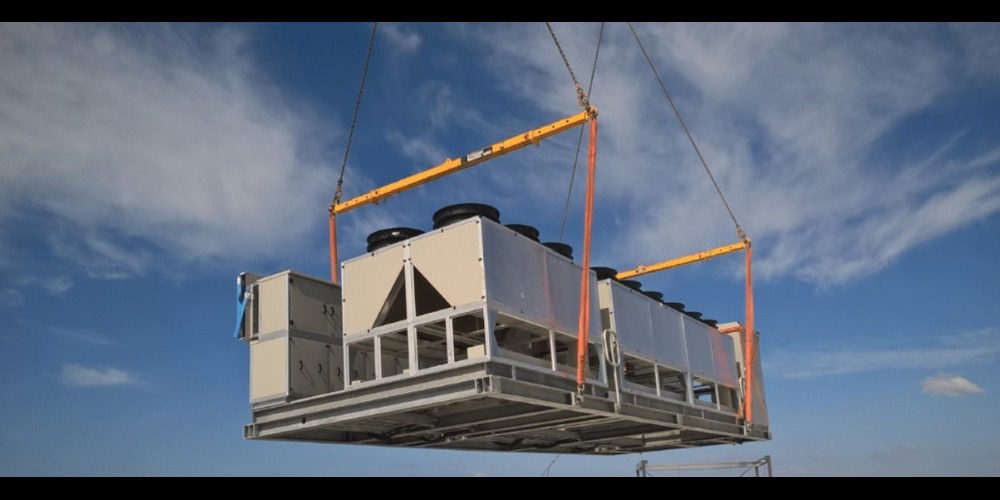In today’s business environment, small and medium enterprises (SMEs) are finding that technology is not just a luxury but a necessity for growth and survival. With the right tech tools, SMEs can compete with larger companies, optimize their operations, and open new avenues for expansion. Keep reading to learn the latest tech advancements that are helping SMEs boost their growth.
Cloud Computing – The Gateway to Scalability and Flexibility
Cloud computing has revolutionized the way SMEs operate, offering a level of scalability and flexibility that was once only accessible to large corporations. By using cloud services, businesses can access high-end technology and storage solutions without the need for significant upfront investments. This technology enables SMEs to adapt quickly to market changes, scale up or down as needed, and collaborate more effectively, no matter where their team is located. Cloud computing not only streamlines operations but also provides a secure and cost-effective solution for managing a growing business’s technological needs.
Artificial Intelligence and Machine Learning – Personalizing Customer Experiences
Artificial Intelligence (AI) and Machine Learning (ML) are no longer just buzzwords; they’re powerful tools that SMEs are using to personalize customer experiences and streamline decision-making processes. These technologies can analyze large volumes of data to provide insights into customer behavior, market trends, and operational efficiencies. By leveraging AI, SMEs can automate routine tasks, create personalized marketing campaigns, and offer tailored services to their clients. These innovations are key steps to grow your small business in a competitive market, allowing for smarter, data-driven decisions.
Internet of Things (IoT) – Enhancing Operational Efficiency
The Internet of Things (IoT) is transforming how SMEs manage their operations and interact with the physical world. IoT devices, from smart sensors to connected machinery, can collect and analyze data in real-time. This provides businesses with invaluable insights into their operations, from inventory management to maintenance needs. By integrating IoT technology, SMEs can improve efficiency, reduce operational costs, and enhance the overall quality of their products and services. This tech advancement is not just about automation; it’s about creating a smarter, more responsive business.
Digital Accounting and Financial Management
In financial management, digital accounting tools are a game-changer for SMEs. These tools offer real-time insights into financial health, streamline accounting processes, and ensure compliance with regulatory standards. But the key question remains: when should you outsource accounting? The answer often lies in the scale and complexity of your business operations. If managing finances is taking you away from core business activities, or if you lack the expertise for advanced financial planning, it’s time to consider outsourcing. Outsourcing to remote accounting experts can provide access to top-notch financial skills, advanced analytics, and strategic guidance, all while reducing the overhead costs of an in-house accounting department.
E-Commerce Platforms and Digital Marketplaces
For SMEs in the retail sector, e-commerce platforms and digital marketplaces have opened up new horizons for growth. These platforms offer a cost-effective way to reach a global audience, increase sales channels, and enhance customer engagement. By leveraging e-commerce solutions, SMEs can easily set up online stores, manage inventory, process payments, and handle shipping logistics. This tech advancement has leveled the playing field, allowing smaller businesses to compete with larger players by offering unique, personalized shopping experiences to a broader customer base.
Cybersecurity Measures for a Digital Age
As SMEs embrace more technology in their operations, the importance of cybersecurity cannot be overstated. Cyber threats pose a significant risk, especially to smaller businesses that may lack the resources for extensive security infrastructure. Implementing robust cybersecurity measures is essential to protect sensitive data, maintain customer trust, and ensure business continuity. This includes using secure networks, implementing regular data backups, training staff on cybersecurity practices, and staying updated on the latest security threats and solutions. A strong cybersecurity strategy is a critical component of any tech-savvy SME looking to secure its future in the digital age.
For small and medium enterprises, embracing innovative technology solutions is key to navigating the challenges and opportunities of the modern business landscape. From cloud computing and AI to digital marketplaces and robust cybersecurity measures, these technologies are not just about keeping up with trends; they’re about driving growth, enhancing efficiency, and securing a competitive edge. As we move further into 2024, SMEs that effectively leverage these tech advancements will find themselves well-positioned to thrive and expand in an increasingly digital world.

































